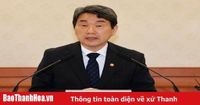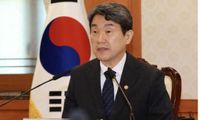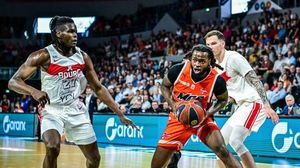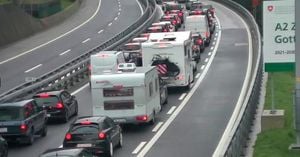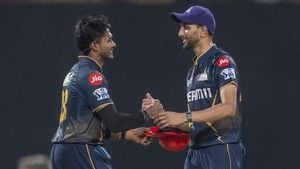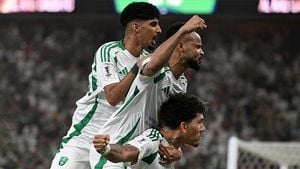South Korea is currently facing an unprecedented leadership vacuum, with the president, prime minister, and head of economic affairs all absent as of May 3, 2025. This significant political turmoil comes at a critical time, as the nation is engaged in crucial tariff negotiations with the United States.
On May 2, 2025, Lee Ju-ho, the Deputy Prime Minister for Social Affairs and Minister of Education, officially assumed the role of acting President after Han Duck Soo resigned to run for president. Han Duck Soo is expected to participate in the presidential election scheduled for June 3, 2025. This marks the fourth leadership change in South Korea in just six months, following the declaration of martial law by former President Yoon Suk Yeol on December 3, 2024.
Adding to the chaos, Choi Sang Mok, the Deputy Prime Minister for Economic Affairs and Minister of Finance, also resigned on May 1, 2025, amid pressure from the opposition-controlled National Assembly. Both Han Duck Soo and Choi Sang Mok played crucial roles in the ongoing tariff negotiations with the US, which are expected to yield an agreement by July 2025.
In light of these developments, concerns are mounting regarding the leadership of acting President Lee Ju-ho, who is relatively inexperienced in foreign affairs and trade. Joo Won, a researcher at the Hyundai Economic Research Institute, expressed worries that South Korea's loss of top economic policymakers could prolong the trade negotiations with the US and complicate their successful conclusion.
Lee Ju-ho's appointment comes at a time when the opposition Democratic Party (DP) controls the National Assembly, which is likely to hinder decision-making for the interim government. He is under pressure from the ruling People Power Party (PPP) to veto any legislation passed by the DP.
In his first cabinet meeting, Lee Ju-ho emphasized the need to focus on key tasks as the presidential election approaches, including economic recovery and comprehensive trade negotiations with the US. He directed the military to raise its readiness level to the highest state and called for thorough preparations to ensure that the presidential election is conducted in an orderly and fair manner.
Moreover, Lee Ju-ho instructed the acting Minister of Defense to closely manage military operations, emphasizing the importance of maintaining a robust command and control system while reviewing and strengthening the readiness posture of all military units. He also urged the acting Minister of Finance to work diligently to prepare for potential fluctuations in the financial market and to minimize economic instability.
In a significant political move, former acting President Han Duck Soo announced his candidacy for the upcoming presidential election on May 2, 2025. He has committed to implementing immediate constitutional reforms, addressing trade challenges, and promoting national unity. Han proposes to shorten the presidential term to three years to allow for necessary amendments to the Constitution, aiming to draft a proposal in his first year, complete the amendments in the second year, and hold general and presidential elections in the third year under the new Constitution before resigning.
Han Duck Soo's candidacy announcement comes just one month before voters are expected to cast their ballots on June 3, 2025, to select a successor to the recently impeached President Yoon Suk-yeol. The PPP is expected to announce its official presidential candidate on May 3, 2025.
Meanwhile, Lee Jae-myung, the presidential candidate from the Democratic Party (DP), stated on May 2, 2025, that if elected, he would seek to restore the 2018 inter-Korean military agreement and put an end to the spreading of leaflets across the border to ensure security in the region. He emphasized, "We will establish a joint inter-Korean military committee and restore communication channels to manage cross-border risks, including military tensions. We will work towards resuming inter-Korean exchanges and rebuilding mutual trust."
The political landscape in South Korea is rapidly evolving, and with the presidential election just around the corner, the nation is under pressure to navigate these turbulent waters. The leadership vacuum at the highest levels of government raises questions about the future direction of South Korea's policies, particularly in relation to its economic negotiations with the US and its stance on inter-Korean relations.
As the June election date approaches, all eyes will be on Lee Ju-ho's interim leadership and the candidates vying for the presidency, as they will play crucial roles in shaping the country's immediate future. The outcome of the election could have significant implications for South Korea's domestic and foreign policies, especially given the ongoing challenges posed by the global economic landscape and regional tensions.
